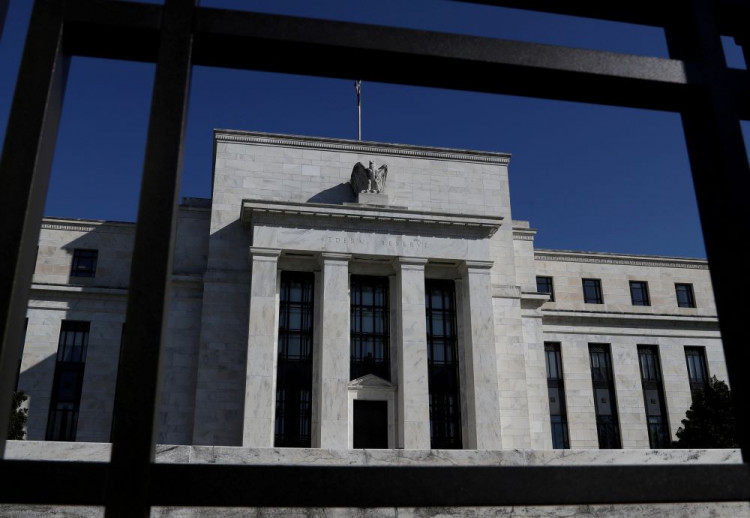More economists, including officials from the Federal Reserve, predict that the U.S. might emerge from its recession. However, confirmation of this forecast won't likely arrive until 2024.
Federal Reserve Chairman Jerome Powell believes that the Fed will navigate a path that sustains U.S. economic expansion, aiming to pull inflation back to its 2% target. Yet, accomplishing this task is challenging. On one hand, not acting aggressively against inflationary pressures could lead to an inflation rebound, necessitating stricter measures. Conversely, the aftereffects of what is already the most aggressive tightening policy in four decades might push the economy into a recession.
Jonathan Millar, a senior economist at Barclays Capital, shared his insights: The outlook on these issues might remain cloudy for at least two quarters. However, the decline in inflation has bought the Fed some time. Millar also noted that the Fed seems to recognize earlier than the market that the path to a soft landing is still uncertain.
Determining a Soft Landing Requires Time
The National Bureau of Economic Research (NBER), the official U.S. arbiter of recessions, defines a recession as a significant decline in economic activity across the economy, lasting more than a few months. Declarations of such downturns by the NBER might require up to 21 months, especially if initial data appears contradictory or needs revisions.
While there's no formal definition of a "soft landing," most economists view it as a scenario where inflation slows, but the economy avoids a recession and the job market remains unscathed.
Achieving this is easier said than done. A study by former Federal Reserve Vice Chairman Alan Blinder highlighted that of 11 monetary tightenings between 1965 and 2022, only four resulted in near-successful outcomes with stable or lower inflation. The rest led to "hard landings" or inflation acceleration two years later.
Richard Clarida, former Fed Vice Chairman from 2018 to 2022 and current global economic advisor for Pacific Investment Management, remarked that there are risks on both sides. By next spring, a clearer understanding of the issue is expected.
Economists at Bloomberg noted, "The 'real' data for 2022 won't be clear until next year, and 2023's true numbers might not be known until 2025."
Federal Reserve officials are looking even further ahead. The Federal Open Market Committee (FOMC) expects inflation might reach its 2% target slightly after 2025. Due to the length of time it takes to achieve such an outcome, the FOMC anticipates that interest rates will maintain a higher level for an extended period. They project rates will be around 4.6% by the end of next year, 2 percentage points above the longer-term rate and 0.5 percentage points higher than market expectations.
Last month, the Fed raised its interest rates to between 5.25% and 5.5%, a peak not seen in two decades, hinting at another potential hike this year.
Patience is Key
Recent economic indicators exceeded economists' expectations, with a 3.5% unemployment rate being the lowest in decades and core inflation in July seeing its smallest continuous increase in two years. Though these support a soft landing, they don't rule out the possibility of the economy overheating, leading to further price increases.
Neil Dutta, the head economist at Renaissance Macro Research, conveyed that without the benefit of hindsight, it's impossible to be certain of a soft landing. He speculated that surging oil prices and high housing costs, which might inflate rents, could lead to an "inflationary boom."
Many government officials remain wary of repeating the mistakes of the 1970s. Back then, the Fed relaxed its anti-inflationary efforts prematurely, resulting in prices surging to double-digit levels.
Given that economic data often presents a mixed picture at turning points and might later be revised-coupled with the fact that negative growth in a single quarter isn't uncommon during long expansion phases-it's virtually impossible to determine in real-time if the Fed's efforts are successful.
Julia Coronado, a former Fed economist and president of MacroPolicy Perspectives, voiced concerns over the Fed potentially raising interest rates too aggressively. "In most cycles, even at turning points, we're not too sure. Let's exhibit some patience. The only hope for a soft landing is if they maintain this patience."




